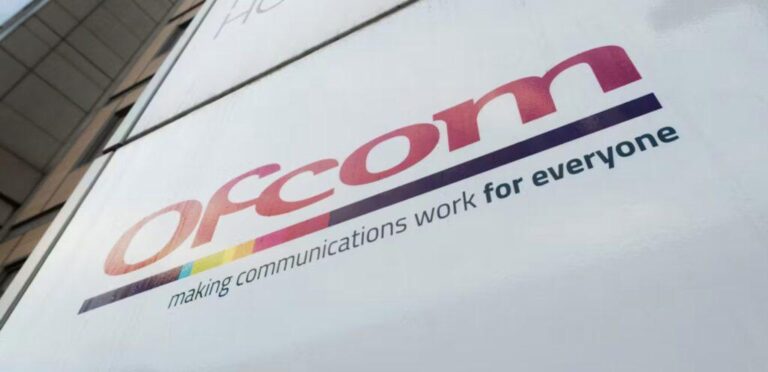Internet forum 4chan has filed a lawsuit against the United Kingdom’s communications regulator in a U.S. court, challenging regulations it claims infringe upon free speech rights. The case marks a rare transatlantic legal battle over internet governance and raises complex questions about the jurisdiction and enforcement of content moderation laws. Reuters reports that 4chan argues the UK regulator’s rules impose unreasonable restrictions on user expression, setting the stage for a contentious debate over the balance between regulation and online freedom.
4chan Challenges UK Regulator in US Courts Over Free Speech Rights
In a bold move that underscores ongoing tensions regarding digital expression, 4chan, the controversial online imageboard, has initiated legal action against the UK’s media regulator in United States courts. The lawsuit challenges the regulator’s recent efforts to impose stricter moderation policies, claiming these measures represent an infringement on fundamental free speech protections upheld under U.S. law. 4chan argues that although its platform is accessible globally, it operates under American jurisdiction, and thus should be shielded from foreign regulatory overreach.
Key points raised by 4chan in their lawsuit include:
- The potential chilling effect on user-generated content and the platform’s distinctive open forum nature.
- The inconsistent application of content moderation rules between jurisdictions leading to censorship conflicts.
- The importance of upholding First Amendment rights as a cornerstone of internet freedom and innovation.
| Aspect | 4chan’s Position | UK Regulator’s Stance |
|---|---|---|
| Jurisdiction | U.S. based protections apply | UK laws should govern access in the UK |
| Content Moderation | Minimal interference preferred | Enforcement of stricter content rules |
| Free Speech | Fundamental, aligned with First Amendment | Balanced with preventing harmful content |
Legal Experts Weigh Implications of Cross-Border Internet Governance Disputes
Legal experts are closely examining the ramifications of 4chan’s unprecedented legal action against a UK regulator within a US court system, highlighting the growing complexities in cross-border internet governance. The lawsuit challenges the applicability of domestic regulatory standards in an increasingly global digital arena, raising questions about jurisdictional authority and the enforcement of content moderation policies across international boundaries. Specialists emphasize that this case could set a significant precedent regarding how national regulators can govern internet platforms headquartered or primarily operated abroad.
Among the key issues debated by legal scholars are:
- Jurisdictional challenges: How far can a regulator extend its reach over foreign entities?
- Free speech protections: Balancing national speech laws with global platform governance
- Enforcement mechanisms: Practical implications for compliance and legal accountability
| Aspect | Potential Impact |
|---|---|
| Jurisdiction | Blurred lines in regulatory reach |
| Free Speech | Conflicts in protections across borders |
| Platform Accountability | Increased legal uncertainties |
Recommendations for Online Platforms Navigating International Content Regulation
In the complex landscape of international regulation, online platforms must develop agile strategies to balance compliance with multiple jurisdictions without compromising core principles such as free expression. This entails investing in robust content moderation tools while maintaining transparency about regulatory impacts on user-generated speech. Platforms should proactively engage with policymakers to shape coherent guidelines that acknowledge the nuances of cross-border content governance.
Key recommendations include:
- Implementing geo-specific content policies that respect local laws but allow for global freedoms where possible.
- Enhancing transparency reports detailing takedown requests and regulatory actions per region.
- Building scalable appeals processes that address user disputes across jurisdictions.
- Fostering partnerships with civil society and free speech advocates to uphold digital rights.
| Challenge | Recommended Approach |
|---|---|
| Varying legal standards | Localized moderation protocols with clear user notices |
| Government overreach concerns | Independent review and transparency mechanisms |
| User confusion on platform rules | Unified user education and accessible content policies |
Wrapping Up
As the legal battle unfolds, the case between 4chan and the UK’s regulatory authority is poised to test the boundaries of free speech across international borders. Observers will be closely watching how U.S. courts address the complex issues of jurisdiction and content regulation in an increasingly global digital landscape. The outcome could have significant implications for online platforms and the regulation of speech on the internet worldwide.




